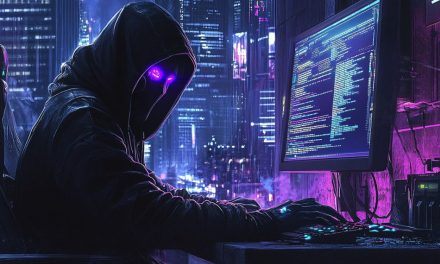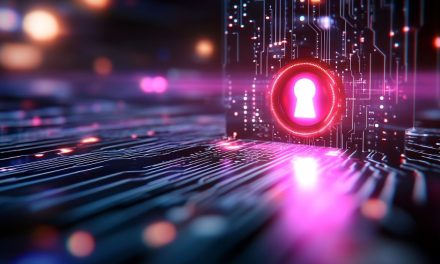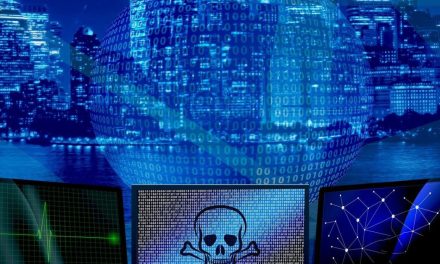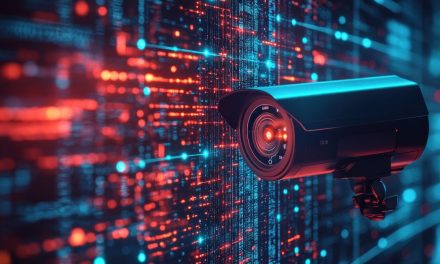Cybersecurity is everyone’s responsibility because the vast majority of successful cyberattacks are caused by a simple human error, not a sophisticated technological failure. In our hyper-connected world of September 2, 2025, every individual is a link in a vast digital chain, and a single person’s mistake—whether at home or at work—can lead to a catastrophic breach.
The idea that cybersecurity is solely the job of the IT department is a dangerously outdated concept. The reality is that technology can only go so far. The final and most critical line of defense is the vigilant, educated human user. For our digital society here in Rawalpindi and across Pakistan to be secure, everyone must understand and embrace their role.
In the Workplace: The Human Firewall
In a corporate environment, employees are the primary target for hackers. It is far easier to trick a person into opening a malicious attachment than it is to breach a modern, multi-layered security system. This is why every employee, from the CEO to an intern, is a crucial part of the company’s defense.
- The Threat: Social engineering and phishing attacks are the number one cause of corporate data breaches. Attackers know that a single employee who clicks on a bad link or gives away their password can provide the initial foothold they need to compromise the entire organization.
- The Shared Responsibility:
- Employees have a responsibility to be vigilant, to scrutinize emails for signs of phishing, to use strong, unique passwords (managed by a password manager), and to report anything suspicious to the IT department immediately.
- Leadership has a responsibility to foster a strong security culture. This means providing continuous, engaging training, making security policies clear and easy to follow, and creating a “no-blame” environment where employees feel safe reporting mistakes.
When every employee understands their role, they cease to be the weakest link and instead become a powerful, distributed sensor network—a “human firewall” that can detect and stop threats before they cause damage.
At Home: Protecting Your Family and Your Data
Your personal cybersecurity practices have a direct impact on your own safety and the safety of those you are connected to.
- The Threat: A compromised personal device or online account can have devastating consequences, from financial loss and identity theft to being used to launch attacks against others.
- The Shared Responsibility:
- Protecting Yourself: You have a responsibility to secure your own digital life. This includes securing your home Wi-Fi router, keeping your software updated, and using strong passwords with multi-factor authentication on all your accounts.
- Protecting Your Family: Parents have a responsibility to teach their children about online safety, just as they teach them how to be safe in the physical world. This includes setting ground rules, using parental controls, and having open conversations about risks like cyberbullying and online predators.
- Protecting Your Friends: If your social media account is hacked, it will be used to send scams to all your friends and contacts. By securing your own account, you are also protecting your entire social network from being victimized through your trusted identity.
In Society: The Collective Defense
A secure digital society is built on the collective actions of its members. Every device that is left unsecured contributes to a larger, global problem.
- The Threat: Insecure devices, particularly home routers and IoT gadgets, are hijacked by criminals and conscripted into massive botnets. These global armies of “zombie” devices are the weapons used to launch the Distributed Denial of Service (DDoS) attacks that take down essential online services, from banking websites to government portals.
- The Shared Responsibility: Every time an individual in Pakistan secures their home router with a strong password and keeps its firmware updated, they are not just protecting themselves; they are removing one potential soldier from a criminal’s digital army. This small, individual act contributes to the overall health and stability of the entire internet for everyone.





